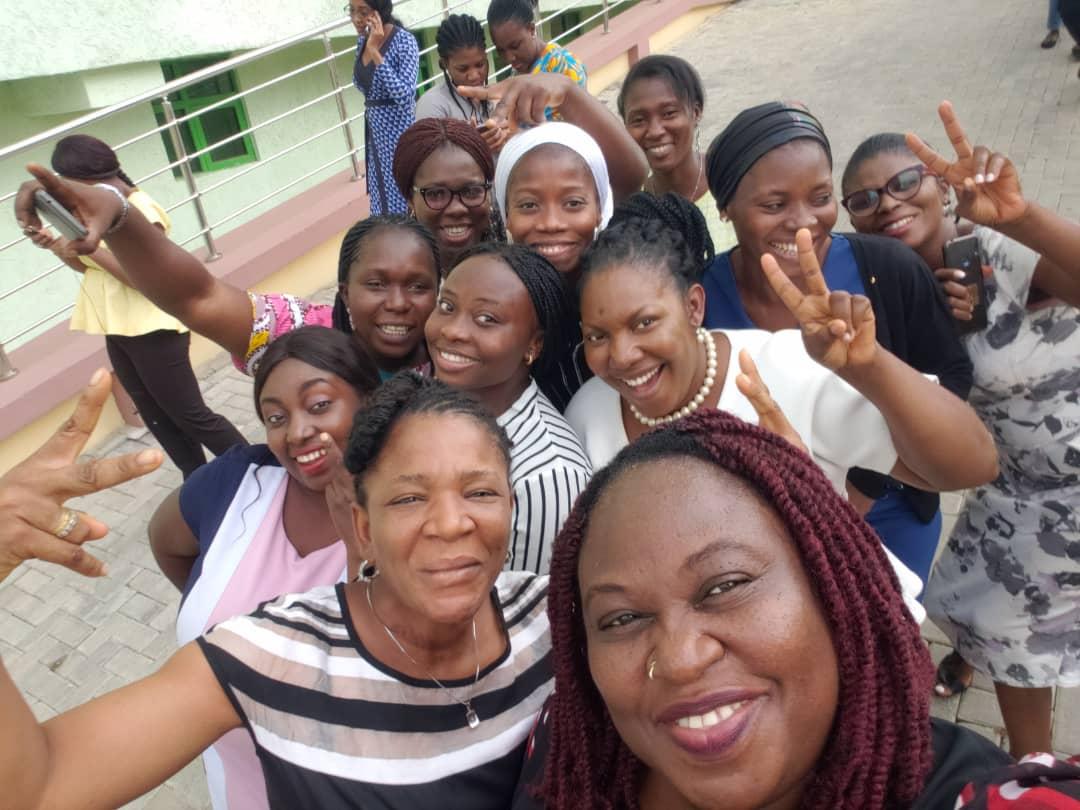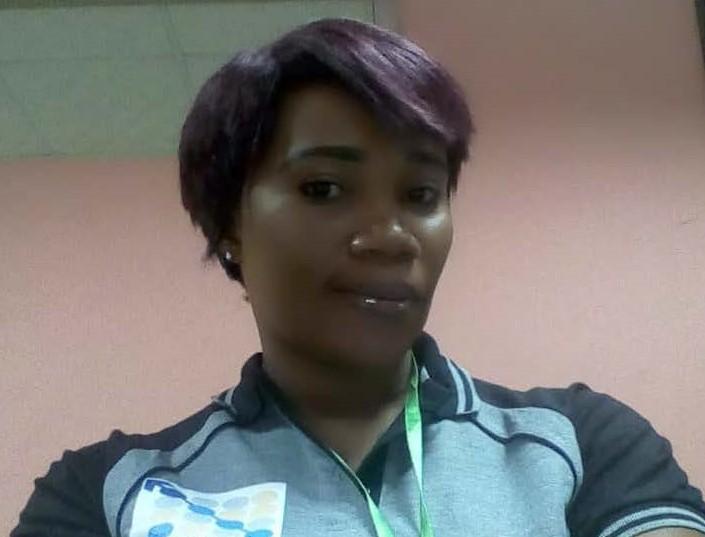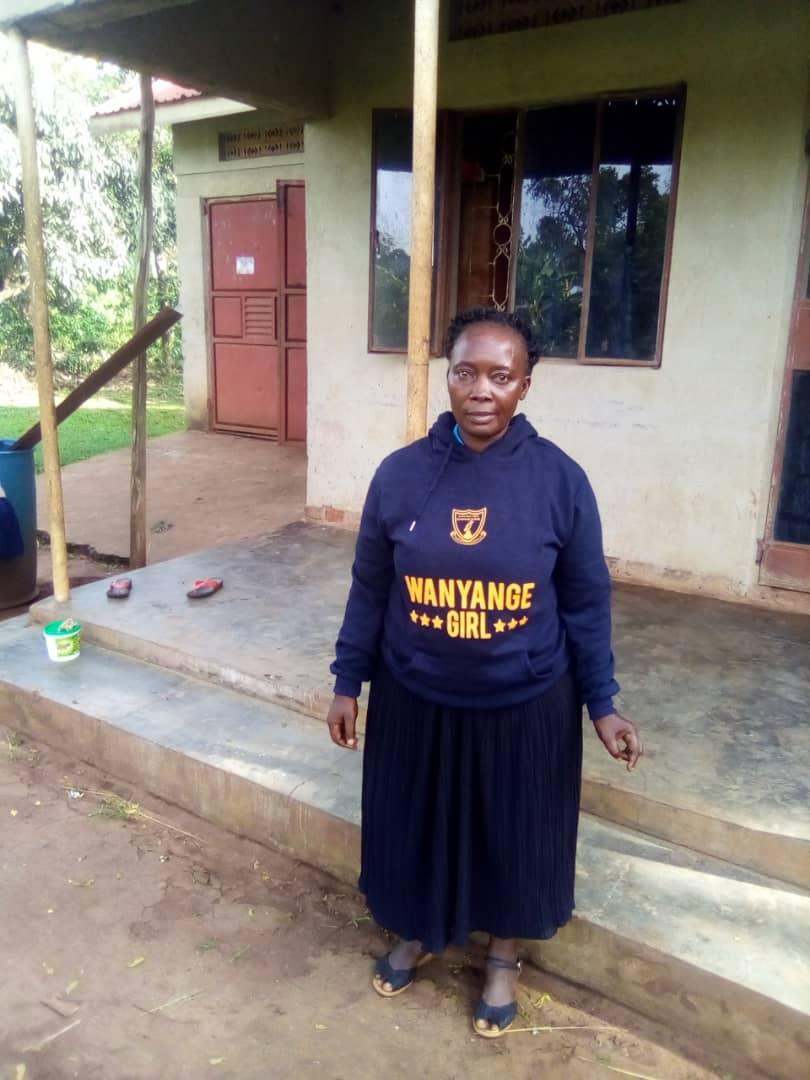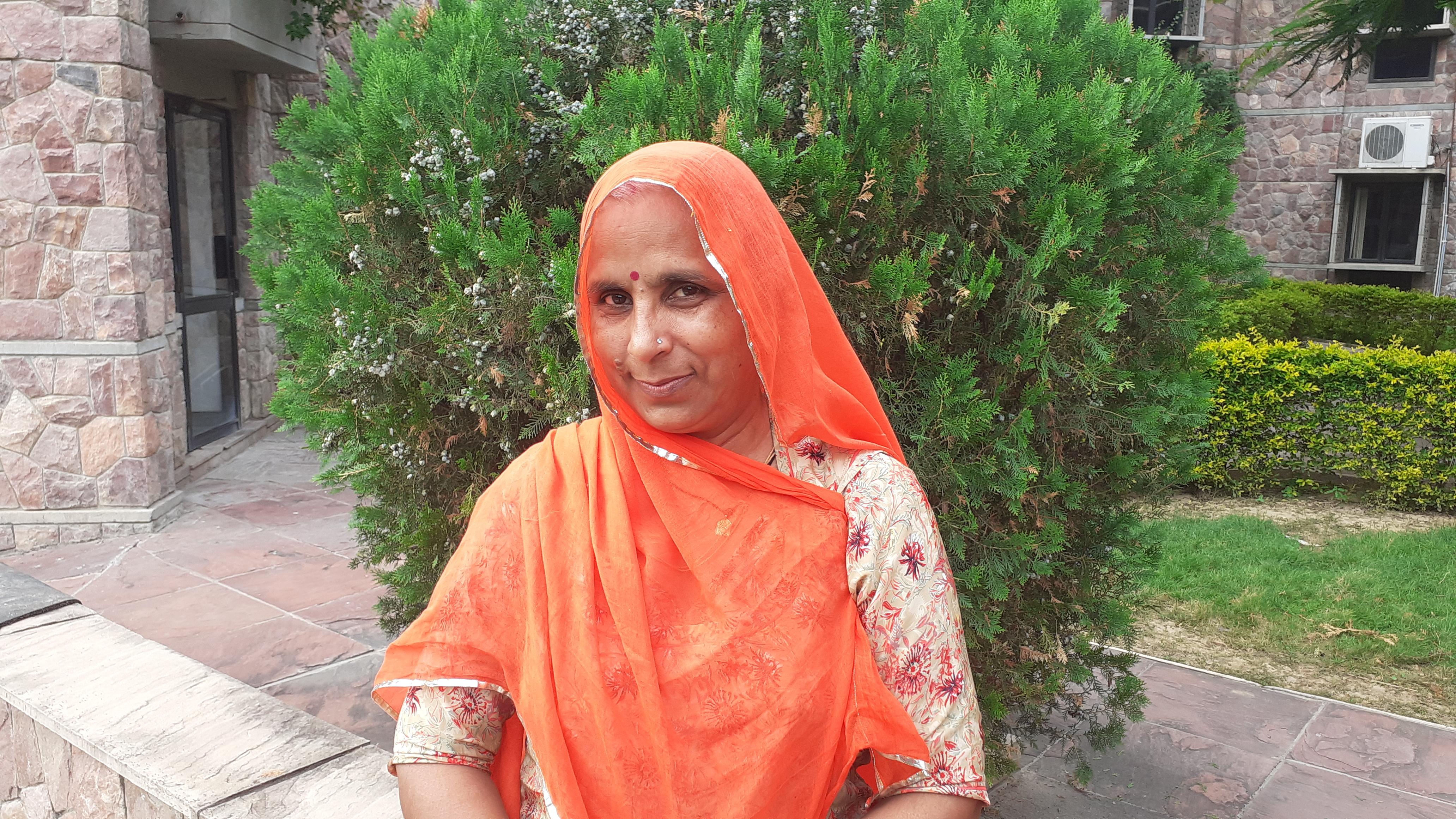PMA has been collecting high-quality actionable data since 2013 on a range of sectors, including family planning, maternal and child health, nutrition, water and sanitation and primary health care. With the advent of COVID-19, we are implementing a survey to collect data on the knowledge of the pandemic, economic implications of social distancing and barriers to accessing health services- all of which will be provided to local governments to guide the public health response.
One feature that makes PMA unique is a cadre of highly-trained female data collectors (known as resident enumerators, or REs) who work in their own communities, thus establishing a rapport with female respondents that produces reliable information on sensitive topics, like abortion.
We recently spoke with several REs from Burkina Faso, India, Nigeria, and Uganda on their experience working with PMA and how the COVID-19 pandemic is effecting them personally, as well as their communities.
Personal and Financial Benefits
In addition to collecting actionable public health data, PMA tracks the influence we have on the lives of the REs.
The interviews revealed that the REs have personally benefited from the interactions with the subjects of the survey in a variety of ways, including boosting their public speaking abilities, increased confidence in approaching strangers and their interpersonal skills with their fellow community members.
“Working for PMA has exposed me to speaking with other people and to have confidence in myself to do other things. I’ve used this experience to help run my day-to-day activities,” said Hafsat, a RE in Nigeria.
In Nigeria, Okogwu says, “(working for PMA) has really helped me in building my self-confidence, improved my finances, and created an opportunity for me to meet many people and gain exposure to other survey jobs. Most of the women share personal stories of what they have experienced, from which I have learned a lot about life.”
“Working for PMA has helped me to meet new people, learn how to communicate, comport and compose myself so I may relate to other people,” says Adeboye, also from Nigeria.
As a resident enumerator in Uganda, Sarah did not fathom the amount of exposure it would bring her way. Sarah has been able to interact with so many people that she would never have met, from district leadership to people at the grass roots. She has also been able to travel to many districts and communities where she believes she would never have set foot if it were not for this opportunity.
“My research skills have improved, I am so confident while talking to people and I have now become more aware of the issues effecting women in my community,” Sarah adds.
Ruth, from Uganda, takes pride in the exposure she has received through her work as a RE. “Working as a RE has exposed me to using the Open Data Kit, improved my skills in data collection, listing and mapping, confidentiality skills, building rapport, consenting and good communication skills,” Ruth proudly says.
The wife and mother of five children and many other dependents says the income from PMA has allowed her to pay tuition for her children up to university level.
The stipends REs receive for their work has gone a long way to improve the quality of their lives and, in at least one case in Nigeria, was instrumental to the educational advancement of a RE who was able to start and complete her university education with payments she received from PMA.
In Uganda, Carol says “My finances have doubled and I am able to take care of my family and save more.”
Fatoumata, from Burkina Faso, says “Working with PMA since November 2019 has allowed me, on the one hand, to cultivate kindness, in the sense that I have acquired easy contact skills with the community. On the other hand, this work allowed me to raise the funds to carry out a project that I have at heart: the cultivation of sesame on a 0.75 hectares plot of land.
I like this job as a resident enumerator because it is an opportunity for me to meet women mostly in a situation of economic distress, but brave. The first contact is not always easy but for the most part, the women I meet are kind and delighted to have the opportunity to talk about family planning.”
Maya, a RE in India, says “Just when I was convinced that my life is nothing but doing household chores and living inside the four walls, PMA made a refreshing appearance. Working with PMA has made me realize the superpowers of the female gender, what exactly we women can do if empowered. I started earning, and the lifestyle of my children improved. I could now give them a living they deserve. The optimism towards life came forth, and I started feeling free, more confident, and learned to respect myself. I am grateful to PMA for making me realize how important is it to live with respect and dignity.”
Meena from India states “I am not much educated and have studied till higher secondary school. Earlier I was someone who would think before speaking in front of people, which drastically changed when I got in touch with PMA. The PMA team has taught me so much – to speak, do fieldwork, do work of substance, be self-reliant, and whatnot. Even other projects have also started giving me work because of my experience of working with PMA.”
The data collectors have developed a rapport and trust with the women they interview, which they find personally enriching as they hear insights into the lives of their neighbors. Some have told stories of hardship, both financial and personal, but they all have one thing in common - resilience.
This resilience will serve them well as they manage the hardships they and their communities face as a result of the Coronavirus pandemic.
COVID-19 Impact
We do not yet know the long-term impacts that COVID-19 will have. However, we are getting a glimpse into how it is impacting family planning and the personal effect it has had on the data collectors. The pandemic has had a serious impact on household finances for small-business owners due to the restrictions on movement and social distancing requirements.
Two of the women we spoke with in Nigeria recounted their concerns. One had previously discontinued her contraceptive use before the news of the virus infection broke and another who has expressed concerns of getting pregnant as a consequence of being at home all day with her spouse. Both women are apprehensive of getting pregnant due to concerns of getting infected at the health facilities and of not being attended to due to medical personnel’s focus on infection cases.
In some communities, access to chemists, pharmacies and small stores which stock contraceptives has been disrupted due to the ban placed on movement. People are also unwilling to venture out of their comfort zones due to the fear of getting infected to seek contraceptives.
Many of the REs believe there will be an increase in pregnancies due to limited or no access to contraceptives, while others feel that most women will avoid getting pregnant, thus eliminating the need to visit a health facility where they may not get the care they need or risk being exposed to the virus.
As the world grapples with the fast spreading pandemic and it’s social and economic effects on society, Sarah, a RE in Uganda, shares the impact of the virus on her daily life. For the past two months Sarah has not been able to hold her adult classes. Her retail shop that she operates on the side has also had very few customers since most are also locked down in their homes and financially constrained. This has left the mother of four worried of how she will survive the next few months in case the lockdown is extended.
Sarah is also worried for the mothers in her community who are currently having challenges accessing health and family planning services in their community.
“My neighbour tried to access a health facility for family planning services but got frustrated and left when she waited in the queue for three hours and was still not attended to.
Another friend almost lost her pregnancy when she could not access transport to the health facility for delivery. The baby was delivered on the way due to delay in accessing transport. Luckily both mother and baby survived,” Sarah recalls.
For Ruth, the number of long-distance truck drivers testing positive for COVID-19 is worrisome; their numbers are rising every day in Uganda.
Ruth and her family live in Jinja district, a transit town in Uganda where many truck drivers from neighbouring countries make stops while transporting goods into the city.
“These truck drivers interact with people who live in our communities and might spread the disease to us,” Ruth says.
“I live in a typical village in Jinja district with a population of about 800 people. When I listen to the news and hear that thousands of people are dying in other countries, I imagine if the virus came to my village. It would wipe us all out in a day,” she adds.
Ruth is also concerned about the fact her family has not able to access health services during the lock down period.
“My brother- in- law has been very ill, he was meant to go to the hospital for review. however we have not been able to access permission from the Resident District Commissioner to transport him. We have tried twice but the process is difficult. We have resorted to using local herbs for treatment,” she laments.
Her son was also meant to graduate in June but due to the lockdown this might not be possible. Ruth was hoping he would get a job and contribute financially at home, with COVID-19 this dream has also stalled.
While others may be bracing for what may come, Santosh in India is concerned that people who are mostly on a shoestring budget are likely to fall through both physically and economically. She adds, “Having said that, we are following every possible instruction given by our government, but the indiscernible nature of the virus gives us chills. I am concerned not only for myself but for my family and the people I know. Both my mother-in-law and husband have diabetes.
I am truly worried because we do not know how much more time it will last. Even the precautions come with a cost. Everyone cannot afford masks, sanitizers, liquid soaps, or sitting idle at home. Our work is at a standstill. There can be a possibility when we would not be able to manage even a day’s meal if we do not get back to our work.”
Anjana believes the impact of COVID-19 on family planning in India will be significant: “The upheaval will have a profound impact on access to family planning information and services. The fear of catching the virus does not allow people to step out to buy contraceptives. Also, we can see how many people are losing their jobs. It has always been known how unemployment is always related to an increase in the number of pregnancies. Even a temporary ban on the family planning services and poor access to oral pills and condoms will see a spurt in unwanted pregnancies.”
Collecting timely high-quality data will be critical to addressing the pandemic. PMA has been collecting data since 2013 and is well positioned to shed light on this public health emergency by collecting data on women’s knowledge, attitudes and practices related to COVID-19, the economic implications of social distancing and barriers to accessing health services.
Starting with Burkina Faso, Kenya, Nigeria and the Democratic Republic of Congo, PMA will be implementing a phone survey focusing on Covid-19 awareness, personal risk assessment, mitigation behaviours, socioeconomic impacts and the impact on family planning and health services access and use. Results are expected in July.
This will be followed up by a COVID-19 module in Cote d’Ivoire, India, Niger and Uganda.
PMA Ethiopia will implement COVID-19 survey questions focusing on pregnant and postpartum women, comparing cohorts of women who delivered before and after the COVID-19 epidemic in Ethiopia.
“When we collect data and send it to the server, it is analysed, and disseminated. With this data, the government can plan for the different communities basing on the indicators. Quality data collected leads to quality planning and in turn quality services provided to the communities,” Ruth concludes.



